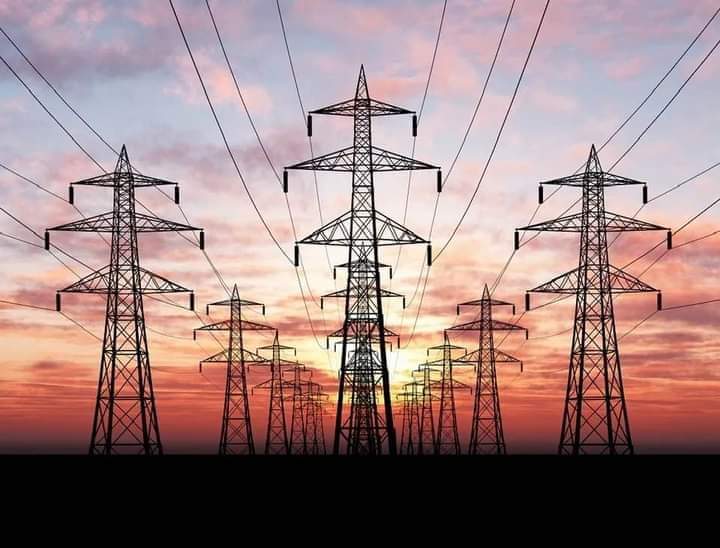Once again, Nigeria is grappling with a nationwide blackout as the national electricity grid, centrally managed from Osogbo, Osun State, suffered a collapse around 4:30 pm on Thursday, leaving millions of homes and businesses without power.
This latest incident, the fourth in the first three months of the year, compounds the persistent challenges in Nigeria’s power sector.
Reports from distribution companies (DisCos) across the country’s 36 States indicate that their feeders were deactivated, leading to widespread blackouts.
The grid’s output, which was at 2,984 megawatts at 4 pm on Thursday, dropped to zero within an hour, with all 21 connected plants ceasing operations by 5 pm.
This development highlights the ongoing struggles in Nigeria’s electricity sector, despite efforts at privatization aimed at rejuvenation.
In the past decade since privatization, the grid has suffered 141 collapses, emphasizing the deep-rooted issues in the industry.
As of reporting at 6:00 pm, the Azura Power Plant was the sole facility contributing to the grid, albeit with a modest output of 54 megawatts.
Major power generation plants like Egbin, Afam, Geregu, Ibom Power, Jebba, Kainji, Odukpani, and Olorunsogo remained inactive, worsening the electricity deficit nationwide.
